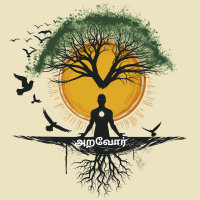Knowledge transcends mere acceptance; it thrives on skepticism and critical thinking. For instance, in scientific research, assumptions are constantly challenged to refine understanding. Consider questioning the efficacy of a new drug: researchers probe biases, scrutinize data, and draw conclusions based on evidence, not just initial claims. This process ensures reliable knowledge, fostering innovation and progress.
The essence of knowledge involves questioning assumptions, identifying biases, and drawing reasoned conclusions rather than accepting information at face value. #423
Incorporate critical thinking by questioning what you encounter. When reading news, ask about sources and potential biases. In conversations, seek to understand differing perspectives. Challenge assumptions behind advertisements or social media posts. Keep a journal to reflect on your own beliefs and biases. Practice active listening to grasp others’ viewpoints fully. By consistently questioning assumptions, identifying biases, and drawing reasoned conclusions, you’ll develop a deeper understanding of the world and make more informed decisions in your daily life.

Logical judgement refers to the pursuit of Truth. judgement about an action. normative science deals with the norms, ideals and values of life.
Critical thinking is the ability to think clearly and rationally, and to make judgments based on evidence and reason. It involves being able to identify and evaluate arguments, to think logically, and to avoid making assumptions.